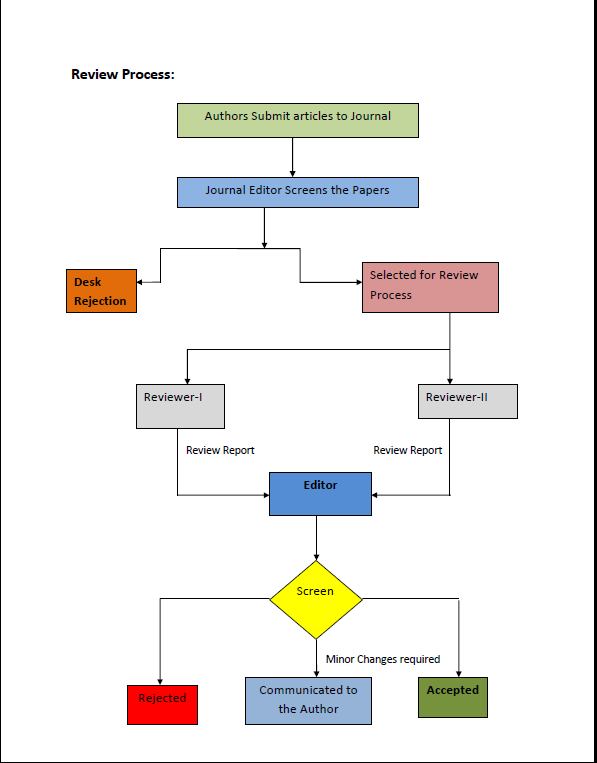Editorial Policy
Article Published in a peer-reviewed journal is an essential building block in the development of Knowledge. The process of review is conducted to ensure that only valuable piece of research is published. It is, therefore, important for authors to agree with the reviewers’ comments for refining their research work. With this perspective, The Communication Journal is committed to peer-review integrity and upholding the highest standards of review. Once your paper has been assessed for suitability by the editor, it will then be double-blind peer-reviewed by independent, anonymous expert referees. Masked review policy has been adopted, authors have been asked to make every effort to see that the manuscript itself contains no evidence or clues to their identification while submitting for review. Initially, articles submitted for publication are evaluated by the editors of the journal and those manuscripts which contain insufficient originality, serious flaws and are outside the scope of the journal are rejected and others are selected for review. Afterward, the articles are sent to the two members of the review board for approval/rejection/suggestions for modification. The criteria used for acceptance of article are contemporary relevance, updated literature, logical analysis, and sound methodology, contribution to knowledge and open learning and broad-based implications. After evaluation of the article, the reviews are received back from the reviewer by the editors. Reviewers intimate the decision to editors for accepting or rejecting the manuscript. The final decision is taken by the editors of the communications to accept/reject the manuscript or suggest the necessary change. All comments including the comments of editors are sent back to the author of the manuscript.

Ethical Policy
Authors are requested to maintain the scholarly integrity of our journal and their own research content by showing sincerity and ethical responsibility in preparing manuscripts for publication in our journal. They are directed to ensure the originality of their work and follow the principles of plagiarism and in case if the works/words of others are used, those should be appropriately acknowledged/cited/quoted. If the researcher plagiarizes the work of others, she/he is bringing into disrepute the integrity, trustworthiness, and ethics of his or her research which makes the manuscript liable for rejection. Brief reports are acceptable with the author’s agreement of not submitting a full report to some other journal. Publication authorship should be confined to significant contributors of the works. Confidentiality and protection of intellectual property are the sole responsibility of the editorial and review board. We are safeguarding the right to anonymity and reviewers are not told the name of authors and also the identity of reviewers is kept confidential to authors. No person involved in the whole process of review and publication is allowed to publically disclose the information of the article or use its information for personal gain. Authors are directed to be unbiased in writing a manuscript for communications especially when the article is associated with issues related to religion, caste, class, ethnicity, race etc. DDE and editors of communications assure no responsibility for statements and opinions advanced by the author of its articles.